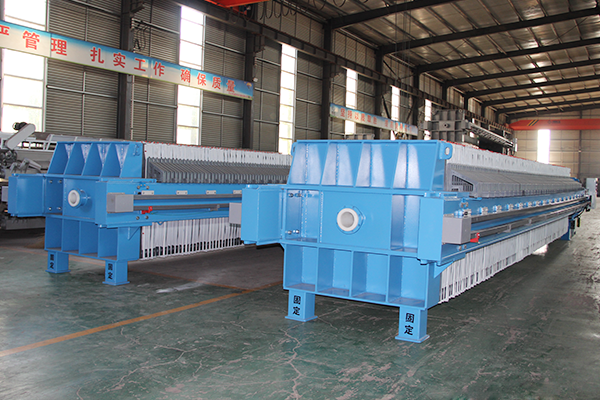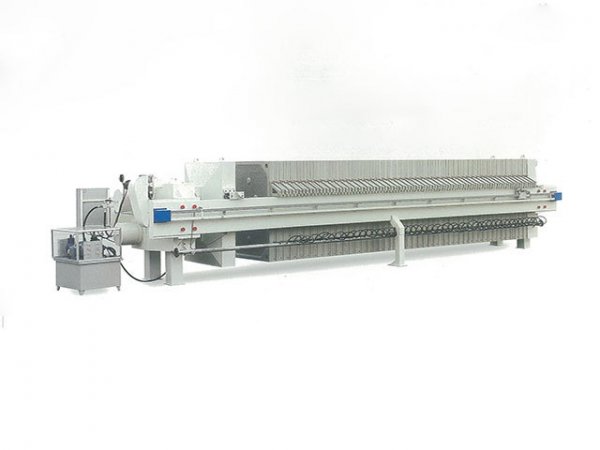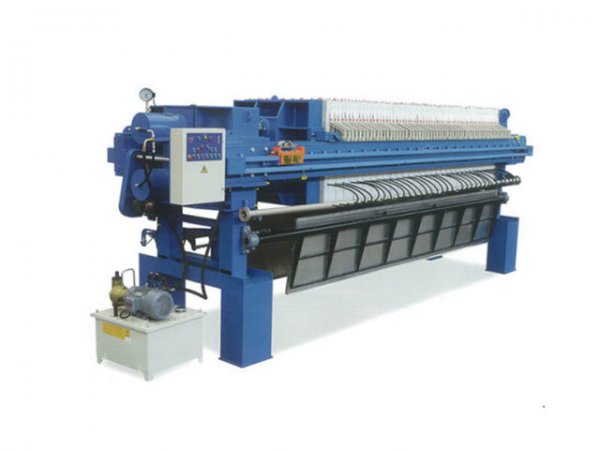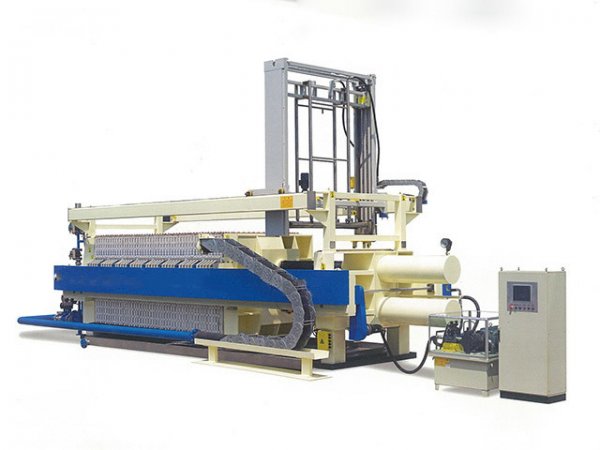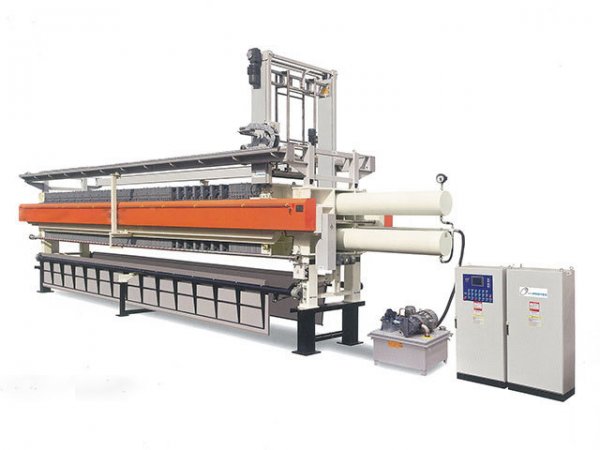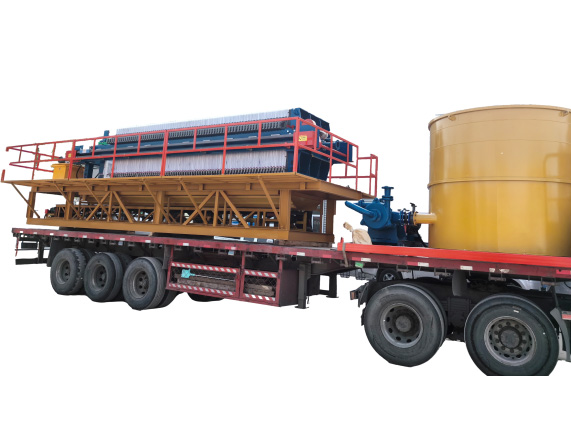NewsDetails
Daily Operation Checklist for Hydraulic Filter Press
author:Shuangcheng time:2025-11-15 06:01:13 Click:174
A well-maintained Hydraulic Filter Press is the heart of any solid-liquid separation process. Whether it’s wastewater treatment, chemical refining, or mining filtration, consistent operation is key to output quality and cost efficiency. Without daily care, even the best press can experience pressure loss, leakage, or plate misalignment.
As an experienced China manufacturer and bulk supplier of hydraulic filter presses, we’ve found that most performance issues stem not from design flaws but from irregular operation and maintenance. This guide outlines a practical daily checklist to help operators maintain safe, efficient, and consistent filtration performance.
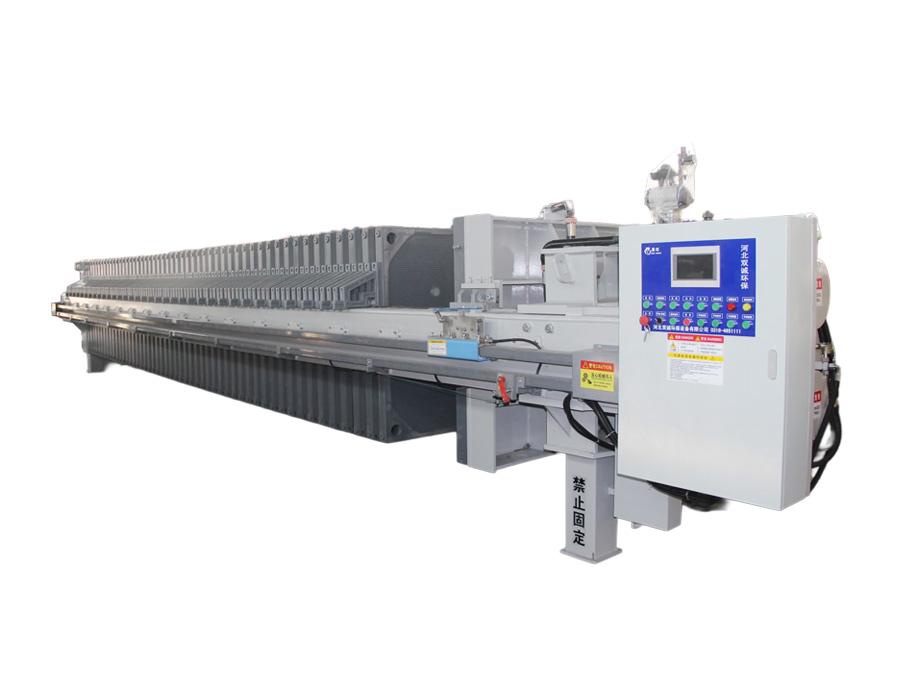
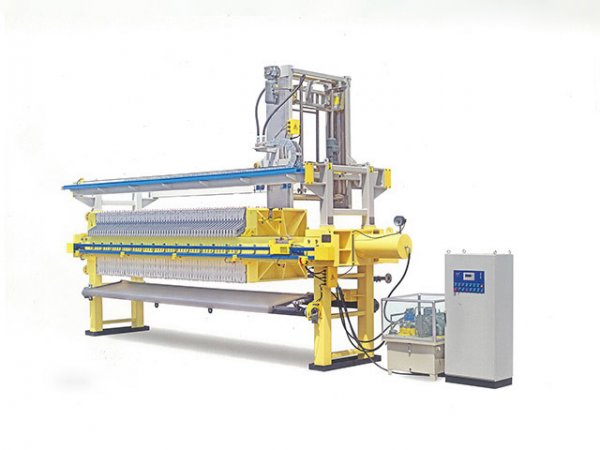
1. Pre-Start Checks: Building Operational Reliability
Every successful workday begins with a detailed inspection. Before switching on the press, ensure that all components are in optimal condition.
Essential Steps:
·Inspect for Oil Leaks: Look around hydraulic cylinders, hoses, and fittings. Even small leaks can indicate seal wear or loose joints.
·Check Hydraulic Oil Level: The oil reservoir must stay at the proper mark. Low oil levels can cause weak pressure and inconsistent pressing cycles.
·Examine Gauges and Valves: Make sure gauges respond properly and all valves are set correctly for startup.
·Filter Cloth Condition: Torn or clogged filter cloths can reduce throughput and lead to uneven cake thickness.
·Alignment of Filter Plates: Verify that plates are clean and correctly positioned; any offset may lead to slurry leakage during operation.
Conducting this quick inspection at the start of each shift prevents major mechanical failures later and ensures smooth Hydraulic Filter Press operation throughout the day.
2. Startup and Hydraulic System Activation
Once the physical checks are complete, power on the press in a controlled manner.
·Control Panel Test: Activate the power system and ensure emergency buttons respond immediately.
·Pump Startup: Start the hydraulic pump and listen for unusual sounds—whining or vibration could signal trapped air.
·Trial Run: Execute one full pressing and release cycle before feeding slurry. Observe the cylinder movement for smoothness and uniform pressure.
·Pressure Stabilization: Confirm that the system reaches its designated pressure without fluctuation.
To prevent cold-start issues, many China suppliers recommend warming the hydraulic oil during winter operation. Stable temperature ensures optimal viscosity and consistent pressure delivery.
3. Filtration Stage: Monitoring and Performance Control
During operation, consistency is everything.
·Gradual Feeding: Begin feeding the slurry slowly to avoid pressure spikes that can warp plates or damage cloths.
·Pressure Monitoring: Keep the working pressure within the manufacturer’s recommended range—commonly 0.6 to 1.6 MPa for industrial applications.
·Filtrate Observation: A steady filtrate flow indicates even distribution and healthy system performance.
·Cake Evaluation: After each run, check cake dryness and uniformity; uneven cakes may mean feed imbalance or clogged filter media.
Continuous observation during Hydraulic Filter Press operation helps detect subtle issues before they escalate into downtime events.
4. Cake Discharge and Cleaning Routine
Once the filtration cycle is complete, proper cake removal and cleaning guarantee operational longevity.
·Release Pressure Gradually: Rapid decompression can damage the hydraulic system and cause fluid shock.
·Automatic Plate Shifting: If your system has an automatic shifter, monitor its movement to avoid jamming or misalignment.
·Cake Removal: Filter cakes should detach cleanly; if not, inspect the cloth permeability or replace damaged media.
·Plate Cleaning: Wipe down surfaces and drain holes to prevent residual buildup.
·Routine Oil Check: Inspect the hydraulic oil color weekly—dark or cloudy oil signals contamination or aging.
Keeping plates and cloths clean directly influences the filtration rate and machine durability.
5. Shutdown and End-of-Day Care
After each working cycle, follow a standardized shutdown process:
·Stop Hydraulic Pump: Wait until the gauge pressure drops to zero.
·Cut Power Supply: Isolate the unit electrically to prevent accidental startup.
·Final Leak Check: Reinspect seals and hoses for new oil traces.
·Area Cleanup: Remove sludge or debris around the press; cleanliness improves safety and prolongs equipment life.
·Logbook Update: Record pressures, cycle counts, and any observed anomalies.
This consistent shutdown practice ensures predictable Hydraulic Filter Press operation and reliable startup the next day.
6. Why Daily Operation Discipline Matters
Skipping routine checks might seem minor, but its long-term effects are costly. Daily discipline offers major advantages:
·Less Downtime: Early fault detection keeps your production schedule intact.
·Longer Equipment Life: Proper lubrication and cleaning reduce component fatigue.
·Steady Filtration Quality: Maintaining correct pressure and alignment ensures uniform cakes and better filtrate clarity.
·Higher Safety Standards: Preventing hydraulic bursts or plate failure safeguards both equipment and personnel.
A consistent daily checklist turns maintenance into a productivity advantage rather than a burden.
7. Partnering with a China Manufacturer for Bulk Supply and Support
Working with a reliable China manufacturer for your Hydraulic Filter Press provides not just machines but long-term operational assurance.
Manufacturers specializing in bulk supply can deliver customized solutions—different plate sizes, corrosion-resistant materials, and fully automated hydraulic systems—all backed by technical expertise and timely service.
Chinese suppliers have developed advanced molding and pressure-control technologies that match international performance standards while maintaining cost competitiveness. Their ability to mass-produce filter press components makes them ideal partners for global wastewater, food, and mining industries seeking consistent supply and after-sales reliability.
Conclusion
The performance of a Hydraulic Filter Press depends as much on operation discipline as on engineering design.
From pre-start inspection to end-of-day maintenance, each step safeguards your investment and ensures continuous, efficient filtration.
By following this daily checklist and sourcing your equipment from a China manufacturer offering bulk supply, you can sustain reliable, safe, and energy-efficient operations across all production environments.
Whether managing municipal sludge, industrial wastewater, or mineral slurry, a well-maintained Hydraulic Filter Press operation delivers measurable gains in productivity, cost savings, and environmental compliance.
References
GB/T 7714:Liu H, You K. Optimization of dewatering process of concentrate pressure filtering by support vector regression[J]. Scientific Reports, 2022, 12(1): 7135.
MLA:Liu, Huizhong, and Keshun You. "Optimization of dewatering process of concentrate pressure filtering by support vector regression." Scientific Reports 12.1 (2022): 7135.
APA:Liu, H., & You, K. (2022). Optimization of dewatering process of concentrate pressure filtering by support vector regression. Scientific Reports, 12(1), 7135.
 Recommended Products
Recommended Products
 Contact us
Contact us
—— Contact:Manager
—— Tel:+86 16632826789
—— Email:sales@hbscfilterpress.com
—— Url:https://www.hbscfilterpress.com
—— Address:West Zone of Economic Development Zone, Fucheng County, Hengshui City, Hebei Province

